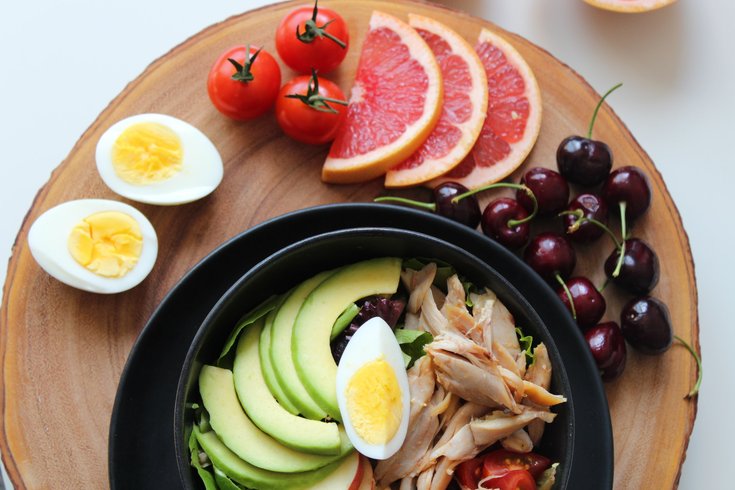
September 22, 2023
 Jane Doan/Pexels
Jane Doan/Pexels
Eating processed foods made with chemical additives can increase the risk of mental health issues like depression and anxiety, studies show.
It's no secret that the foods people consume have major impacts on their physical health. But they also influence well-being. That's why ordering a pizza after a stressful day may not be the best option, even if it is the most appealing.
An emerging field of science known as nutritional psychiatry is based on research linking food to mental health. It's centered on the gut microbiome, a community of bacteria — both good and bad — that supports digestion and the health of the immune system, among other roles.
Positive changes to the gut microbiome have been shown to reduce inflammation, boost the immune system and improve mood. Disturbances can contribute to physical health issues like obesity, inflammatory bowel disease and psoriatic arthritis. And they also can impact a person's mood.
That's because the production of serotonin, which helps regulate sleep, appetite and mood, is highly influenced by the gut's good bacteria. And since since about 95% of a person's serotonin is produced in the gastrointestinal tract, disturbing the microbiome's balance can impact a person's mental health.
Research has shown that people who eat a standard Western diet, which is loaded with processed food and chemical additives, are 25% to 35% more likely to develop depression than people who eat traditional diets like the Mediterranean diet or traditional Japanese diet.
"There is evidence that diet affects mood, including depression and anxiety, as well as our body's stress response," Kaleigh McMordie, a registered dietitian, told VeryWell Mind earlier this year. "Mood is regulated by the brain, and to work properly, the brain needs optimal fuel from nutrients in food."
But mood also is affected by the microbiome in the digestive tract, she added.
"This is why we're seeing even more emphasis on gut health in relation to mental health. Nutrient deficiencies and inflammation can be contributors to anxiety and stress, and what we eat can help or hurt these areas."
A study published Wednesday suggests that drinking diet soda and eating ultra-processed foods may increase the risk of depression. People who consumed fewer ultra-processed foods – think white bread and fried chicken – and drank fewer beverages made with artificial sweeteners were less likely to develop the mental health condition.
A separate study, published earlier this year, found that consuming fried foods was linked to a 12% higher risk of anxiety and 7% higher risk of depression. The association was most prevalent among younger people, especially young men.
The pathway from processed, fried foods and artificial sweeteners to depression and anxiety is bidirectional, according to the American Society for Nutrition. This means that the foods people eat have a major impact on their mental health, but that mental health also affects how people eat. People experiencing high levels of stress or anxiety may turn to their favorite comfort foods, which can lead to a higher risk of mental health issues.
"If you eat poorly — for example, processed foods for every meal — then your inflammatory markers are raised, and you feel more depressed and anxious, which leads you to eat more nutrient-less foods," Dr. Nicole Avena, assistant professor of neuroscience at Mount Sinai School of Medicine, told Medical News Today in August.
Though sticking to a diet of nutrient-rich foods may sound unrealistic, doing so can ward off a host of physical and mental health issues and keep people feeling stronger, calmer and more focused. Adding more whole foods – fruits, vegetables, oats, nuts, beans, fish and eggs – can help people get their recommended nutrients and minerals while fueling long days at work or school.
Eating a fiber-rich diet is associated with better gastrointestinal health and may also reduce the risk of depression, particularly in women. But only about 5% of Americans meet the Institute of Medicine's recommended daily target of fiber of 25 grams for women and 38 grams for men. Consuming apples, lentils, beans, broccoli, berries, avocado and beets can help bridge the "fiber gap."